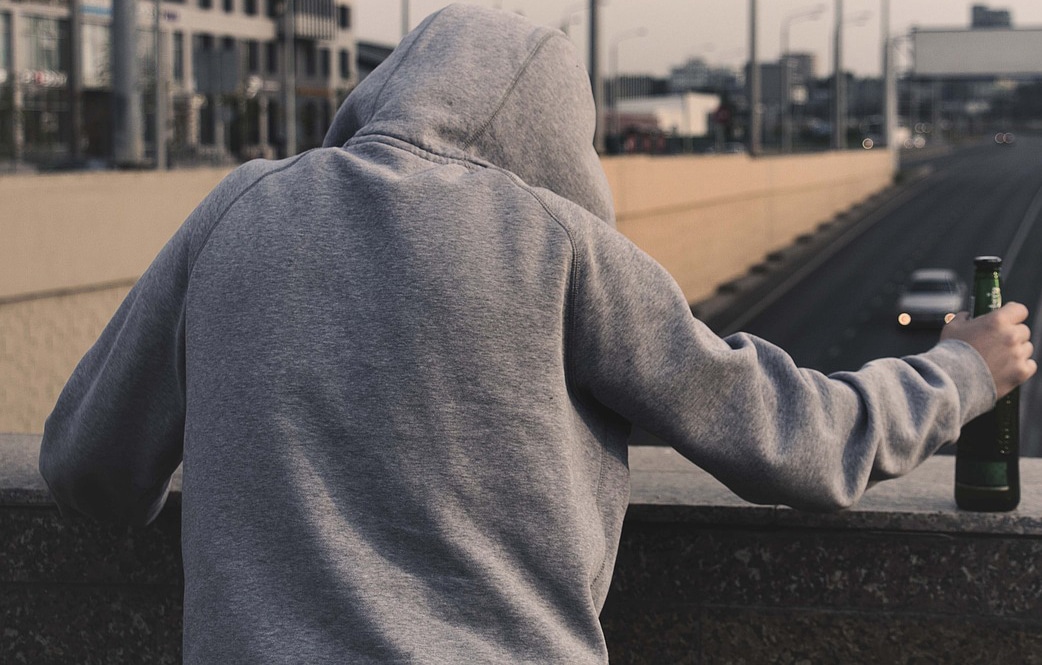Girls in Cyprus reported gambling more than boys in physical locations, drinking more alcohol, and using more synthetic drugs, but they scored lower than boys and below the threshold on the WHO mental well-being scale, according to the latest European School Survey Project on Alcohol and Other Drugs (ESPAD).
The ESPAD survey was conducted in 2024 among 113,882 students aged 15 to 16, across 37 European countries and marking 30 years of monitoring adolescent risky behaviours in Europe.
Among the findings in Cyprus was alcohol use. Lifetime alcohol consumption is reported by 73 per cent of adolescents in ESPAD countries. Three out of four students consider alcoholic beverages fairly or very easy to obtain. In Cyprus, 78 per cent of girls and 66 per cent of boys reported alcohol was easy to access. Current alcohol use – defined as consumption in the past 30 days – was reported by 42 per cent of students.
While consumption was generally higher among girls across countries, in Cyprus, boys reported higher rates than girls, 49 per cent versus 35 per cent.
Alcohol intoxication on at least one occasion in the past 30 days was reported by 13 per cent of all ESPAD students. In Cyprus, the gap was notable: 12 per cent of girls versus 4.4 per cent of boys reported intoxication.
On average, 13 per cent of students reported using any illicit drug at least once in their lifetime. Cyprus recorded the highest lifetime prevalence among ESPAD countries for use of LSD and other hallucinogens (6.8 per cent), cocaine (6.2 per cent), ecstasy/MDMA (4.7 per cent), crack and heroin (both 4.1 per cent), and GHB (3.4 per cent).
Cannabis remains the most commonly used illicit drug, with an average lifetime prevalence of 12 per cent. Early cannabis use (before age 14) was reported by 2.4 per cent of students, with boys generally initiating earlier than girls, though Cyprus was an exception.
Gender patterns varied across substances. In Cyprus, girls reported higher perceived availability of drugs than boys. Illicit drug use excluding cannabis peaked in 2007, followed by a slight decline until 2019 and stability since then, but Cyprus showed a considerable increase since 2003 when data collection began.
Cannabis remains the most commonly used illicit drug across all ESPAD countries. On average, 12 per cent of students report having used cannabis at least once in their lifetime.
On average, 2.4 per cent of ESPAD students report first using cannabis at age 13 or younger. Early cannabis use is generally more common among boys than girls, with Cyprus being one of the exceptions.
The survey also covered new psychoactive substances (NPS) – synthetic drugs designed to mimic traditional substances while avoiding legal controls. On average, lifetime prevalence of NPS use was around 3 per cent. Cyprus reported one of the largest gender gaps, with 6.6 per cent of girls versus 2.9 per cent of boys. Girls in Cyprus also reported higher use of synthetic cannabinoids (9.1 per cent versus 4.3 per cent).
Pharmaceutical misuse was also examined. The most commonly used were non-prescribed tranquillisers and sedatives (8.5 per cent), followed by painkillers used to get high (6.9 per cent) and attention/hyperactivity medication (3.4 per cent, new to this year’s survey). Across most countries, girls reported higher use of pharmaceuticals, though Cyprus was an exception for painkillers.
Use of anabolic steroids was reported by an average of 1.5 per cent of students, with Cyprus recording the highest rate at 4.2 per cent.
Gambling for money in the past year was reported by 23 per cent of students, with 85 per cent choosing physical locations such as bars and clubs; in Cyprus, this figure was 97 per cent. While the proportion of gamblers with possible harmful behaviour was higher among boys in most countries, Cyprus showed the opposite pattern: 8.3 per cent of girls versus 5 per cent of boys.
Digital gaming was widespread, with 80 per cent of students playing at least once in the past month. Boys generally engaged more than girls (89 per cent versus 71 per cent), but the gap was minimal in Cyprus. Similarly, Cyprus had the highest proportion of students scoring 2–3 points on the perceived gaming risk scale (37 per cent, versus the average of 22 per cent), with the gender gap again minimal.
The 2024 ESPAD survey introduced the WHO-5 Well-Being Index to systematically assess mental well-being. A score above 50 out of 100 indicates good well-being. On average, 59 per cent of students scored above this threshold, but in Cyprus, only 49 per cent did. Cyprus had one of the smallest gender gaps: 52 per cent among boys versus 46 per cent among girls.
About 72 per cent of students reported having participated in at least one prevention intervention in the past two years. Tobacco-related events were the second most frequently attended (38 per cent), with Cyprus recording the lowest participation at 22 per cent.
ESPAD is a collaborative effort of independent research teams in more than 40 European countries and is the largest cross-national research project on adolescent substance use in the world. This edition marks 30 years of monitoring adolescent risky behaviours in Europe, with a new focus on mental well-being and prevention, recognising their growing importance for adolescent health outcomes.






Click here to change your cookie preferences